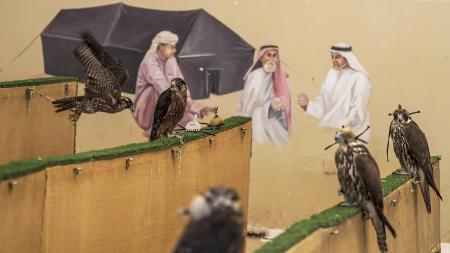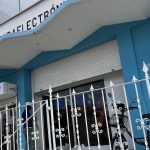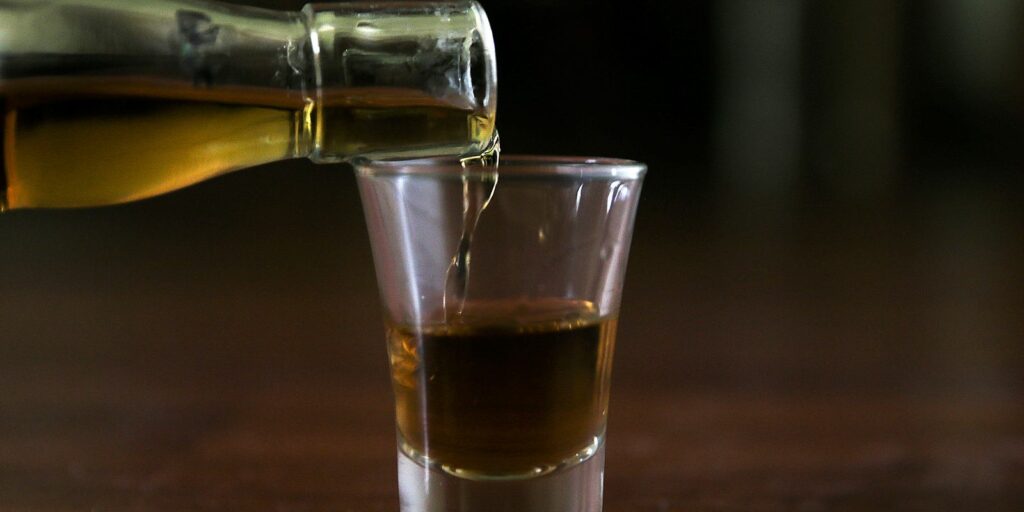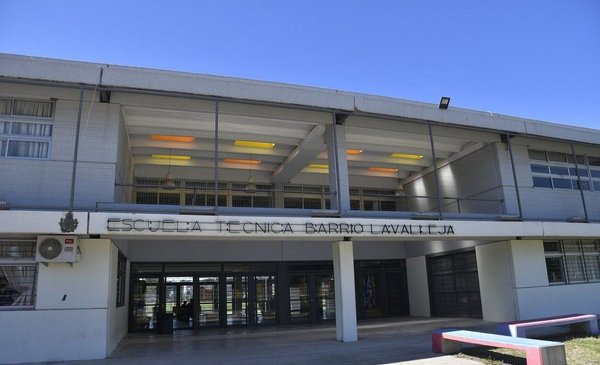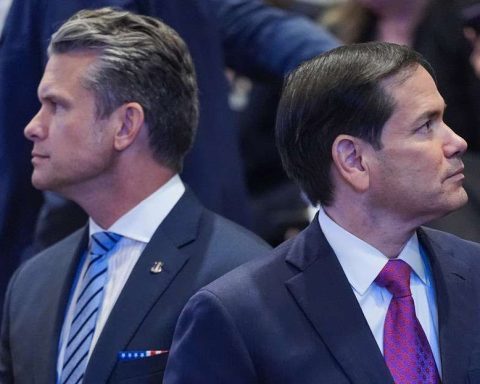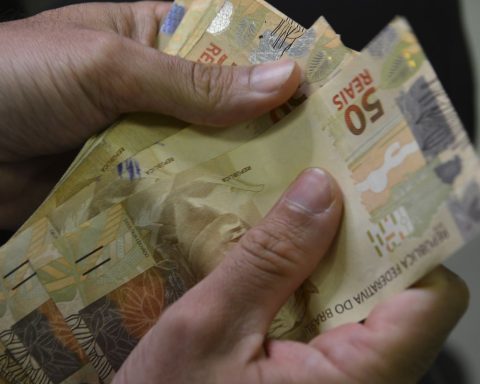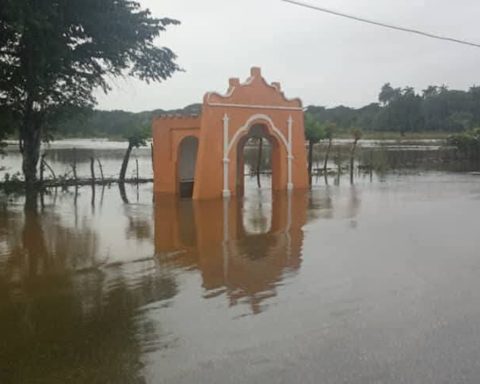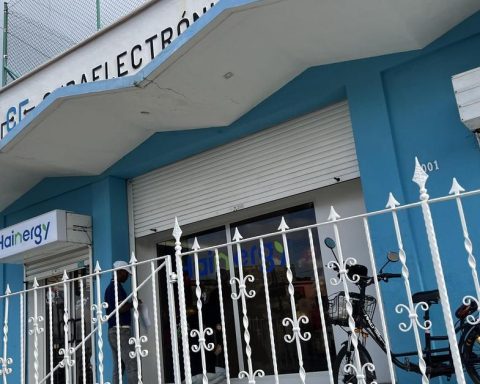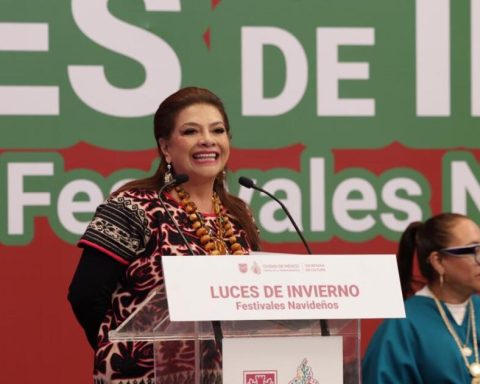Falcons are the emblem of Qatar. Not only are they rewarded with a lot of money in the different competitions, but there is breeding, training and domestication of this species that even has a hospital and a historical museum.
In adjacencies of the mythical Souq Waqif Market there are a series of shops that for the common people have nothing to do with fabrics or clothes, and even less with food. It is about the business of selling falcons and everything related to falconry, the art of caring for, taming and training birds of prey.

They are commercial premises that are dedicated to everything that has to do with the commercialization of this species in Qatar and the sale of accessories for breeding and subsequent domestication, work that moves a lot of money.
Between 400 and almost 4,000 Qataris is the price of the birds that are on display on wooden pulpits, where they have leather masks so that they are calm, continue with the subsequent training process and do not suffer stress from tourists who are getting closer.

In these shops there is everything for raising hawks such as food, care items for their claws, feathers and leather “helmet” which are not the same for the species, sex and design that you want to place on the birds.
“Here the falcons are cared for, they are very important to the culture of Qatar and the Gulf countries. I am from Nepal, but I work here and there are many people who enjoy and value the birds that are an emblem”, Rajiv told Télam, a vendor in these shops.

Between autumn and winter, the competitions take place in Qatar and not only do they captivate different audiences, but there are prizes of more than 200 thousand dollars.

A legacy of the ancestors: a state-of-the-art hospital and a museum that bears witness to time
The Falcon Souq Qatar, located in the same corridor where the falcons are sold, is the second most important specialized hospital worldwide, after Abu Dhabi -in the United Arab Emirates-, and has the highest technology for care of the species.
From Canada or Australia, they arrive in Doha to treat the falcons, which per day receive between 150 and 200 birds, which will be treated for various pathologies.
From an X-ray to a feather transplant, the hospital, which has been operating since 2008, is for its employees one of the jewels of the country because it not only offers state-of-the-art technology, but also preserves the “ancestral legacy of Qatar.”
In addition, the clinic has a museum where it demonstrates the application of medicine by this emblematic species of the Qataris and the scientific advances for its care.
The elements with which procedures are carried out to improve the health of falcons, breeds of falcons in showcases with their names in Arabic, English and French are part of the tour.
The evolution of birds at different moments of their gestation is one of the tasks of the Museum. Feather transplants are part of the tour, small, but impressive and properly cared for one of the important developments as a clinic.
Falcon skeletons are not lacking, nor are the elements used for feather transplants, but also surgeries and treatments against serious injuries and bacteria that could be acquired.
“It is to take care of the memory of our ancestors”, is what the guard of the place tells us when we leave the Hospital, a place of high complexity. To many it may seem like a rarity. For the Qataris it is part of an inheritance from their ancestors that they care for and enhance.

